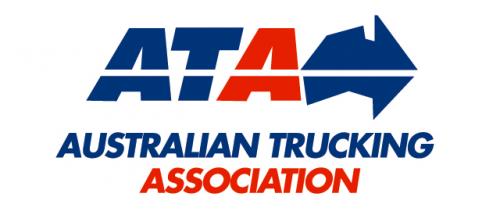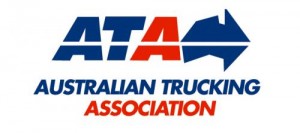Trucking Companies & Execs Now Liable for Fleet Maintenance Under CoR
The Australian Trucking Association (ATA) have been lobbying for chain of responsibility laws to be extended to make trucking operators and their executives legally accountable for heavy vehicle maintenance since 2013, and their efforts have finally paid off.
Transport ministers recently announced that trucking businesses and their executives will be held legally liable for breaches relating to heavy vehicle maintenance.
[Tweet “Transport ministers announced that transport businesses be held liable for maintenance breaches.”]
The ATA have welcomed the news with its chief executive officer Christopher Melham saying the decision would have strong safety outcomes for the industry as well as other road users.
Mr Melham was quoted in a post on Truckworld.com.au explaining that while most operators put a lot of effort into doing the right thing, some companies do skimp on maintenance to cut costs. While the current chain of responsibility laws did hold businesses accountable for fatigue issues and speed issues, it stopped short of maintenance liability, this is no longer the case. Mr Melham went on to explain:
“Maintenance levels are generally very good in our industry. As operators, we put a great deal of effort into making sure our equipment is safe,” Mr Melham said.
“However, some businesses may feel pressured to skimp on maintenance in order to save money and time.
“At present, company directors and executives can be held to account under the chain of responsibility legislation if their business does not take all reasonable steps to prevent fatigue and speed breaches. But there are no similar requirements for maintenance.
Source: http://www.truckworld.com.au
[Tweet “Some transport businesses may feel pressured to skimp on maintenance in order to save money .”]
Mr Melham stated that extension, of COR, meant that companies and their executives would be more meticulous about heavy vehicle maintenance because they would be held personally responsible. Mr Melham went on to state:
“Extending the chain of responsibility concept to heavy vehicle maintenance will compel businesses and their senior managers to take all reasonable steps to make sure maintenance staff can do their jobs properly – for example, by delivering adequate budgets, resources and training.
Source: http://www.truckworld.com.au
He went on to express the ATA’s satisfaction with the extension and applauded the decision by the country’s transport and infrastructure ministers.
Mr Melham also welcomed further heavy vehicle road reform in the form of continued development of a new, national road expenditure plan and heavy vehicle road asset service standards. He explained why,
“Before our industry can even consider the long-discussed idea of direct road pricing, it’s essential that governments know what they own. They must have forward expenditure plans that we can rely on, and must have service standards so the infrastructure they expect us to buy is fit for purpose.”
Read more at: http://www.truckworld.com.au
It is more important than ever that operators, as well as their employees, know exactly what is expected of them under Chain of Responsibility legislation. In order to ensure compliance, make sure that everyone in your organisation has received the necessary training. Find out more about COR training here.




